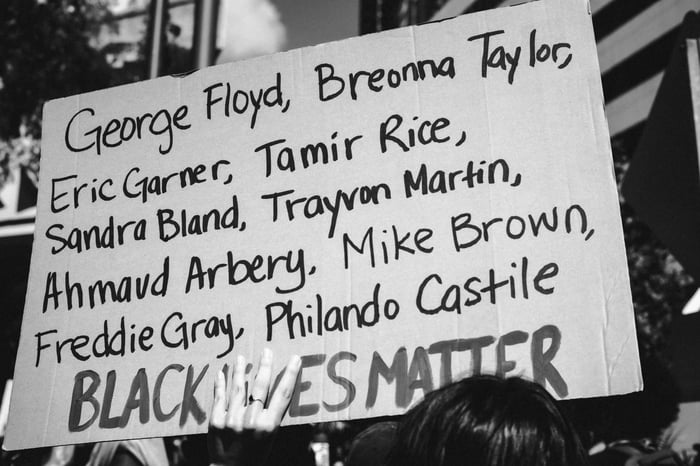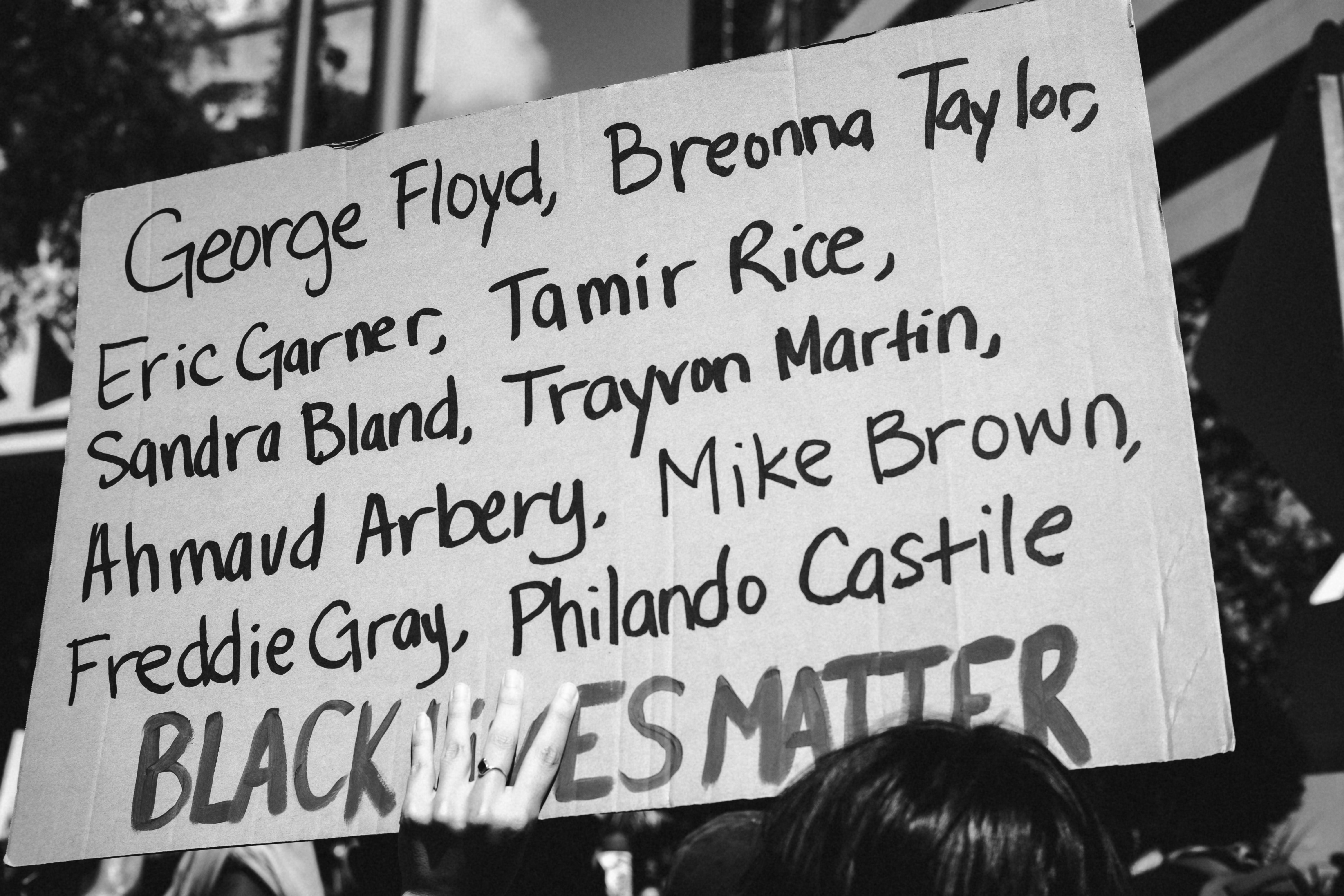Dean's Message: Enough Is Enough
The following post was contributed by Patricia Márquez, Dean of the Joan B. Kroc School of Peace Studies.

“The educator has the duty of not being neutral.”
– The Brazilian educator and philosopher Paulo Freire
We, educators, hold power to influence and to create positive social change. In the face of such a complex and painful crisis as we are facing today, it is our duty to join the millions of voices chanting “enough is enough.” To call things as they are, right now, right here. United, we must explicitly reject systemic racism and injustice in all its forms. We must do this not once, but as many times as is necessary, until real change happens. We have to speak against the acts of individuals and especially public servants — including the President — who refuse to adhere to standards of civility and respect, and who promote violence against others to further their own agendas.
It is plain to see the current system is riddled with rampant racism and injustice. It is plain to see there are forces in the current leadership of our society, starting with our President, working to divide us, to make us forget we are all human beings with equal dignity and a right to equal justice under the law. Black people, like George Floyd, Breonna Taylor, Ahmaud Arbery, and tragically too many others to name, are being denied that equal justice every day. And very little seems to be changing. As citizens and teachers, we have a collective responsibility to stand in solidarity with the peaceful protestors and work harder to create a truly inclusive and equitable society.
Safe within our ivory towers, there is a danger we forget how to translate our ideals into action. Beyond our teaching and research, it is our duty to work to make social change real. This imperative is always important, but it takes on special meaning during times where the need for systemic change becomes desperate.
Our pedagogical tools can help define paths toward a society that is truly inclusive, non-racist and more just. As educators we must make better use of this power. First and foremost, we should urge our students to be socially engaged. We must support them in the articulation of their own visions for a better future. Then, we must help them use their voices to galvanize collective solution-finding to the cascading problems confronting us, including through the electoral process. If educators worked to make voting in all elections a social norm everywhere among all young people, irrespective of their political beliefs, this would make a huge difference.
This is the moment to practice what we preach beyond our classrooms. At the Kroc School, we have always prided ourselves on our social engagement. But we are using this moment to initiate serious introspection as to how to respond. This involves both talking and also listening. We know there are opportunities to improve the access and accessibility of all our offerings from graduate programs to events to community engagement. There are always opportunities to do better, and we will.
Upon our founding, Joan Kroc told us to not just talk about peace, but to build peace. This means that the Kroc School is not a neutral bystander when it comes to social inequity. We shout our full-throated support for our fellow human beings protesting racism and injustice. And we commit to do more to achieve peace with justice.
Enough is enough.
Contact:
Justin Prugh
jprugh@sandiego.edu
(619) 260-7573

About the Author
The Joan B. Kroc School of Peace Studies (Kroc School) at the University of San Diego is the global hub for peacebuilding and social innovation. Founded in 2007, the Kroc School equips the next generation of innovative changemakers to shape more peaceful and just societies. We offer master's degrees in peace and justice, social innovation, humanitarian action, conflict management and resolution, and a dual degree in peace and law — programs that have attracted diverse and dynamic students from more than 50 countries. In addition to our graduate programs, the Kroc School is home to the Kroc Institute for Peace and Justice (Kroc IPJ). Founded in 2001, the Institute supports positive change beyond the classroom. Through groundbreaking research, experiential learning, and forward-thinking programs, the Kroc School and Kroc IPJ are shaping a future in which peaceful co-existence is the new normal.






